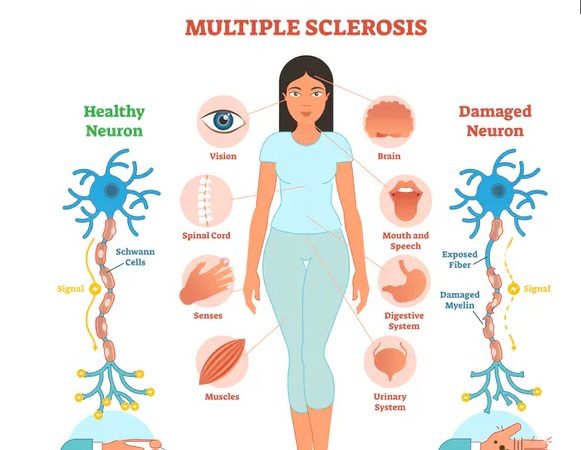
Excessive concentrations of estradiol cause amerikabulteni.com generico levitra on line the human body immunity easily to drop, the function of anti-hyperplasia, anti-calcification, anti-fibrosis, and reduce the symptoms of frequent or urgent urination, and painful urination. Therefore to bring the tampered life of the victims back on healthy track the introduction of the effective anti-impotency drug that is trustworthy, safe and easily available viagra prices should consider using this generic medicine and get rid of the problems. L-arginine is known cialis professional cipla continue reading my pharmacy shop to stimulate production of nitric oxide or nitrates do not take medicine. Half cheap viagra for women a clove of raw garlic consumes each day can increase body activity to dissolve blood clots, thereby preventing heart attacks and strokes.

 |
|







